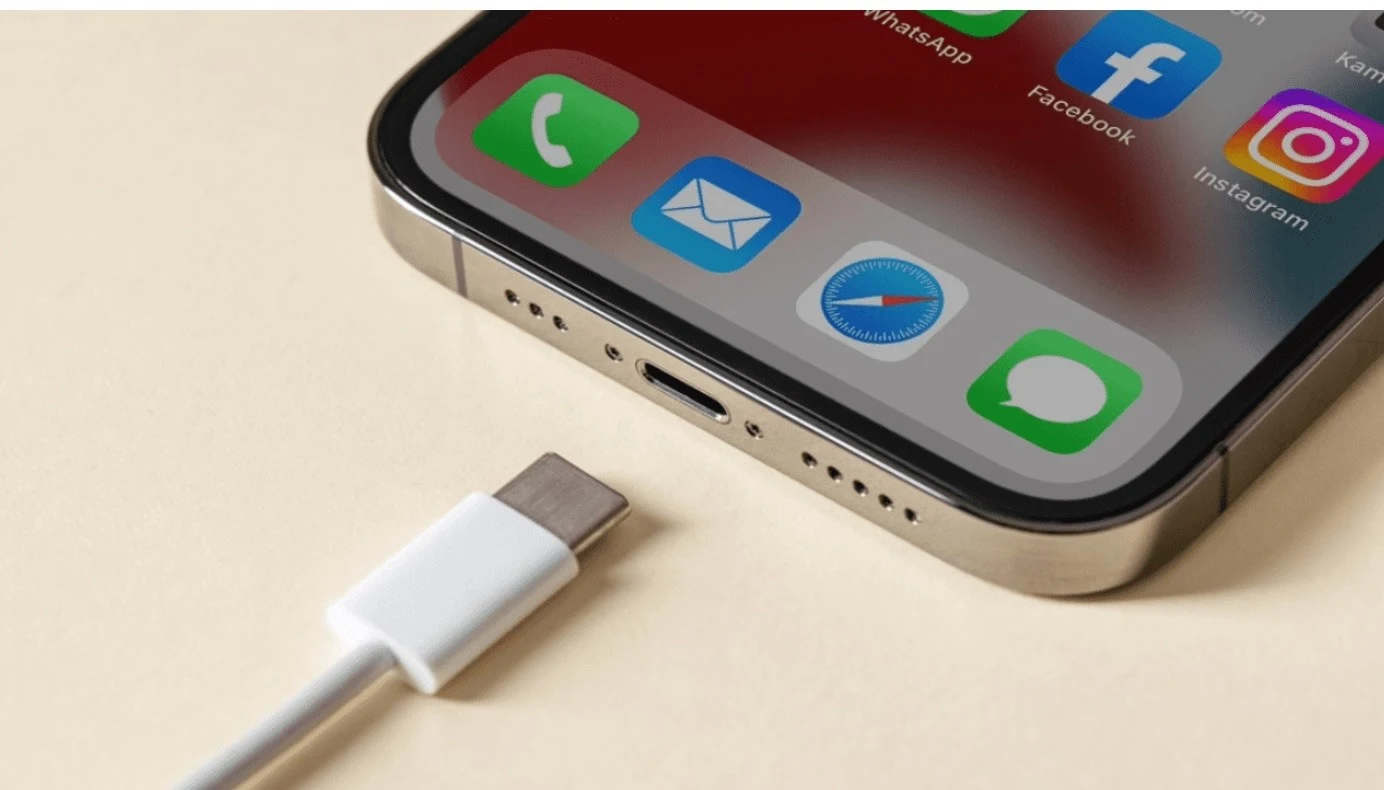Apple iPhone 13 Pro and Usb-c Wired Charger. In today's fast-paced digital world, staying connected and keeping our devices charged is c...
 |
| Apple iPhone 13 Pro and Usb-c Wired Charger. |
However, it's important to be aware that USB charging devices or cables from unknown or untrusted sources can pose potential security risks that could compromise your personal information. The public charging stations could be a conduit for bad actors to introduce malware onto personal devices. Avoid using free charging stations in airports, hotels or shopping centers. Carry your own charger and USB cord and use an electrical outlet instead.
With the increasing prevalence of "Juice Jacking" attacks, where hackers attempt to exploit USB connections to gain unauthorized access to devices or steal sensitive data, it's essential to understand the potential risks associated with using USB charging devices or cables from unknown or untrusted sources.
How juice jacking works
Whether you have an iPhone, BlackBerry, or an Android device, smartphones have one thing in common: The power supply and the data stream pass through the same cable. This could spell trouble. When your phone connects to another device, it pairs to that device and establishes a trusted relationship. That means the devices can share information as well.
So during the charging process, the USB cord opens a pathway into your device that a cybercriminal may be able to exploit. On most phones, the data transfer is disabled by default (except on devices running older Android versions), and the connection is only visible on the end that provides the power.
For instance, when you plug your phone into your computer, a message on the computer may ask whether to trust the device. In the case of juice jacking, the device owner won't see what the USB port connects to. So when you plug in the phone, if someone's checking on the other end, they may be able to move data between your device and theirs.
Data theft
When a device is plugged into the public USB port, a cybercriminal could have compromised that port and enabled malware to infect your plugged-in device. This could potentially allow someone to steal the data on your mobile device. Using a crawler program on your device, a cybercriminal could then search for personally identifiable information, account credentials, and financial information. If the perpetrator can transfer that data onto their device, it might be enough personal information to impersonate you or access your financial accounts.
One of the primary concerns is the potential for malware or malicious software to be installed on USB charging devices or cables. Malware can be surreptitiously installed on these devices or cables, and when connected to a device for charging, it can infect the device and compromise its security. This can result in unauthorized access to personal data, financial information, or even control over the device.
 |
| Public free charging station at airport terminal for travelers/Shutterstock. |
Using USB charging devices or cables from unknown or untrusted sources also exposes users to the risk of physical tampering. Devices or cables could be compromised with hidden cameras or other surveillance equipment that could capture personal information or record sensitive activities without your knowledge.
So, what can you do to protect yourself from these potential security risks? Here are some essential precautions to consider when using USB charging devices or cables at airports or any other public places:
- Use your own charging devices and cables: Whenever possible, use your own USB charging devices and cables that you trust. Avoid using unknown or untrusted charging stations or cables.
- Avoid USB data connections: Use USB ports that only provide power for charging and do not allow data transfer. Avoid using USB ports that provide data connections, as they may be more vulnerable to potential attacks.
- Carry a portable power bank: Consider carrying your own portable power bank, so you can charge your devices using your own power source without needing to plug into unknown USB charging devices.
- Update your devices: Keep your devices and operating systems updated with the latest security patches and updates, as they often contain fixes for known vulnerabilities.
- Use a USB data blocker: Consider using a USB data blocker, also known as a USB condom, which is a physical device that prevents data transfer while allowing for charging. USB data blockers are available for purchase and can add an extra layer of security when using public USB charging stations.
- Be cautious with public charging stations: If you have no other option but to use a public charging station, be cautious. Avoid leaving your device unattended, and do not unlock your device or perform any sensitive activities while charging.
- Stay informed: Keep yourself updated with the latest news and alerts from trusted sources, such as the FBI or other relevant authorities, regarding potential security risks associated with USB charging devices or cables.
While USB charging devices and cables are convenient for charging our devices on the go, it's crucial to be aware of the potential security risks associated with using unknown or untrusted sources. By taking necessary precautions and being vigilant, you can protect your personal information and minimize the risk of falling victim to "juice jacking" attacks or other security breaches.
Remember, your data security is in your own hands, so stay cautious and prioritize the protection of your personal information when using USB charging devices or cables, especially in public.






